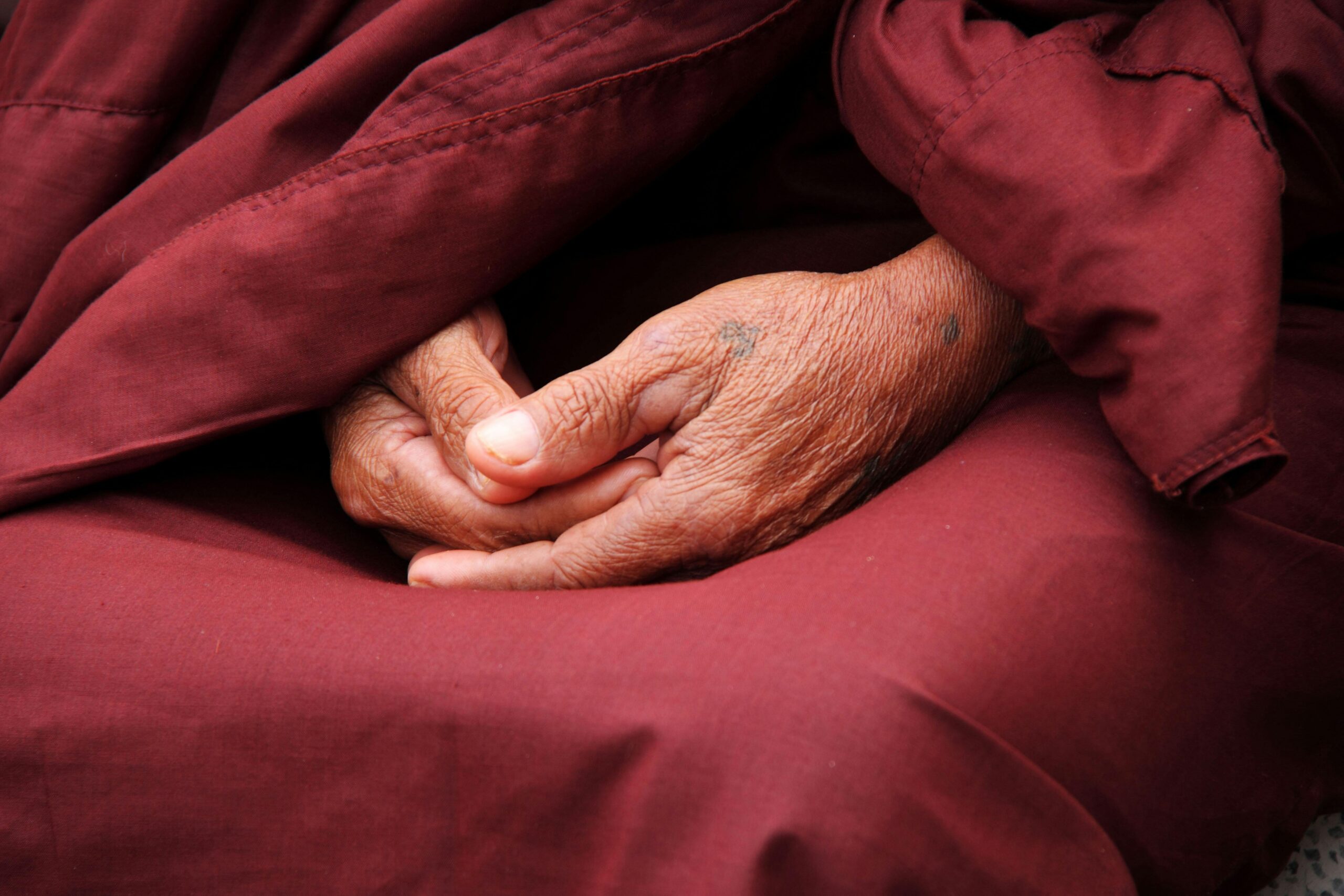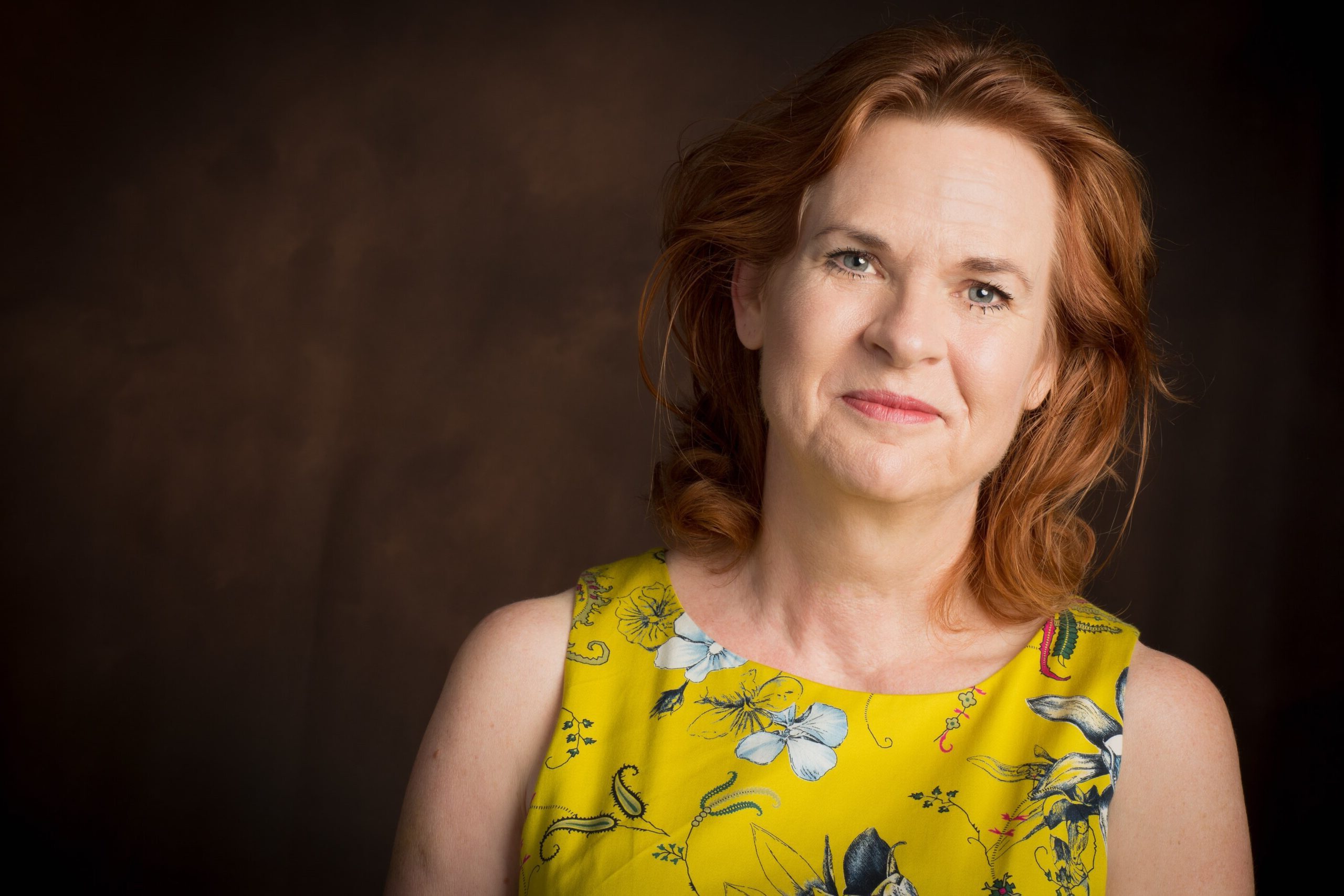Depression has been a part of the human condition for as long as history has been recorded. Known by various epithets such as melancholy and the black dog, recent advances in treatment – medication, alternative and therapeutic – have helped relieve the symptoms of depression for many people. Less attention has been paid to its role as a motivating force for valuable contributions. Although the experience has been painful, many great artists, thinkers, significant figures and common people alike have made their battle with depression a source of their creative contribution to humanity.
Motivating Force
Do we consider ourselves defined by depression or do we seek healing by embracing the condition as part of who we are? The idea that we can regard any kind of depression as a motivating force may well be very confronting, however, in doing so we open up the possibility of creating a purposeful expression. Depression may be the starting point from which we can reveal a new expression.
Creative Contribution
The idea that depression can become a creative contribution is challenging. The source of this way of thinking is the belief that dialogue is the most creative expression we can engage in. This expression, when it reflects our heart and experience, can move others to believe in their own power to create value from their circumstance. It is both the cause for relieving our own isolation and a powerful method to inspire others to open their heart to another.
Life itself is a constant process of creation: our daily encounters and activities can become the reflection of this truth.
Excerpts from http://www.sgiaust.org.au/resources/depression-initiative/
‘Angel’ is a video installation commissioned by Soka Gakkai Australia. Using a circular 60 camera rig, Daniel created delicate, sculptural forms that explore the darkness and light of human experience. The video installation by Daniel Askill “Angel” – Collider at http://www.collider.com.au/projects/daniel-askill-angel/


